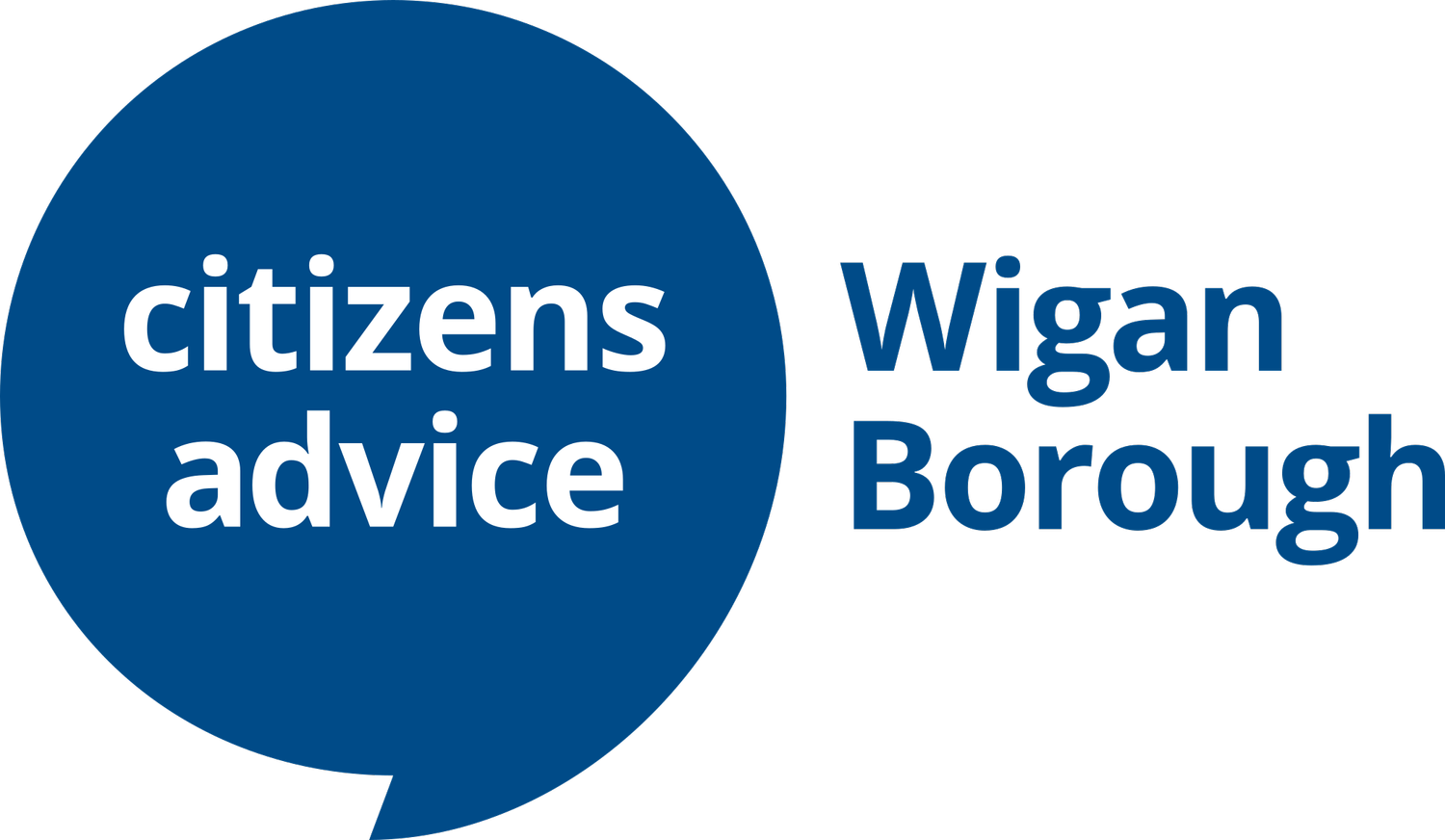How the budget will impact your finances
*PLEASE BE AWARE THIS IS AN OLDER POST AND THERE MAY BE A MORE UP TO DATE POST, OR UPDATED INFORMATION AVAILABLE ON https://www.citizensadvice.org.uk/ *
The Chancellor Rishi Sunak set out the new Budget at the start of this month. Focusing mainly on the country’s economic recovery from the coronavirus pandemic, it also introduced some measures to help individuals’ finances.
But what does it mean for the residents of Wigan, Leigh and Makerfield? In this blog post, we’ll outline the key measures that could affect your wallet.
Benefit uplifts
The temporary £20 a week uplift to Universal Credit was introduced in March 2020, meant to help the most vulnerable low-income households. We’ve been campaigning for the government to make this uplift permanent, and in the Budget, it has been extended for a further 6 months (until August 2021).
Working Tax Credit claimants will receive an equivalent uplift, in the form of a one-off £500 payment. HMRC will contact claimants by text message or letter in April to confirm eligibility.
While news of the uplift extension will come as a welcome relief to borough residents, we believe that the government should do the right thing and make these permanent. Low-income households have been some of the most hard hit by the pandemic, and deserve to rely on this financial support.
Furlough scheme extension
The furlough scheme was initially set to end in April 2021, but has also been extended until September. This means that if you are furloughed by your employer before September 2021, you will receive 80% of your wages up to a maximum of £2,500 a month.
Government support for self-employed people will also be on offer under the Self-employment Income Support Scheme (SEISS). Under the SEISS, self-employed residents will receive up to 80% of average monthly profits between February and April. From April to September, the amount of support available will depend on the turnover lost during the pandemic. Further information is available here.
Help for house buyers
The temporary ‘holiday’ for stamp duty was introduced last year to give a boost to people buying and selling property. This has also been extended until the end of June. Under the scheme, buyers pay no stamp duty on the first £500,000 of a property.
In July, the threshold for stamp duty will reduce to the first £250,000 of a property purchase, with rates returning to normal from September.
The government also announced plans to guarantee 95% loan-to-value mortgages on properties up to a value of £600,000, with the aim of helping first time buyers to get onto the property ladder.
Personal Allowance changes
The threshold for personal tax allowance will change from April 2021, rising from £12,500 to £12,570 (from £50,000 to £50,270 for higher rate). It will then be frozen until 2026 instead of increasing gradually every year. With these changes, most people will end up paying more income tax than they would if the threshold increased gradually.
